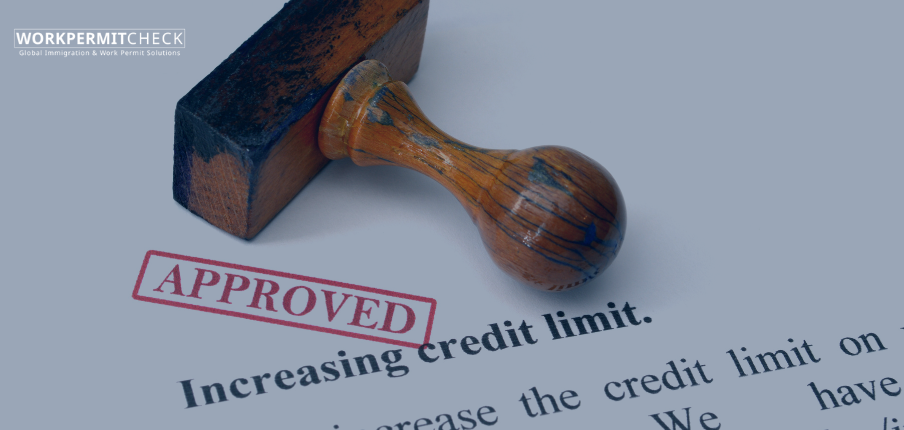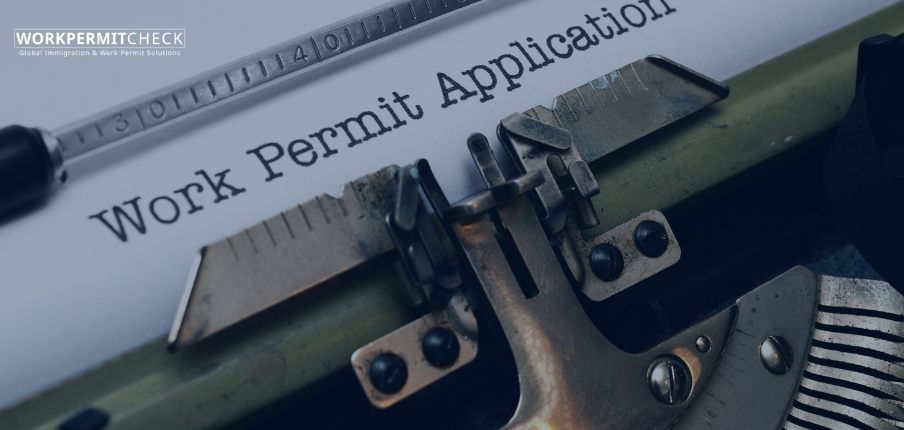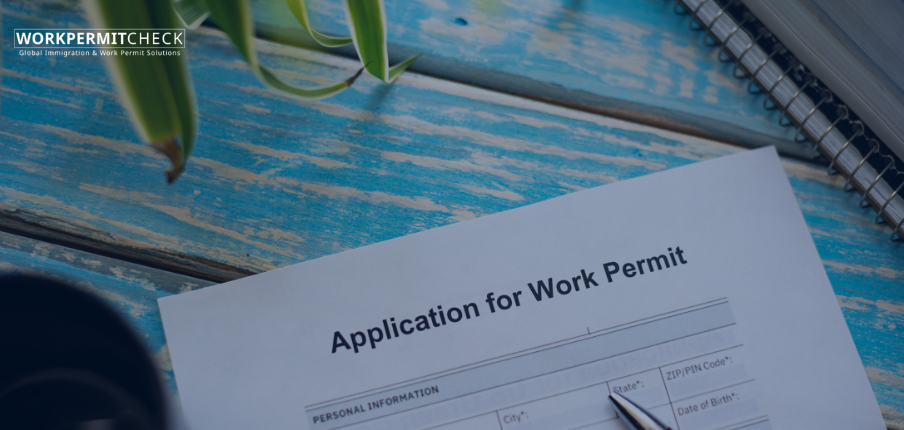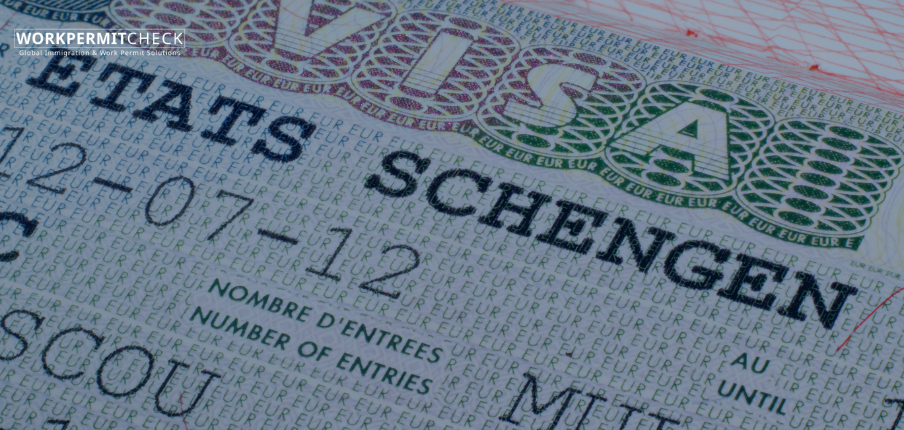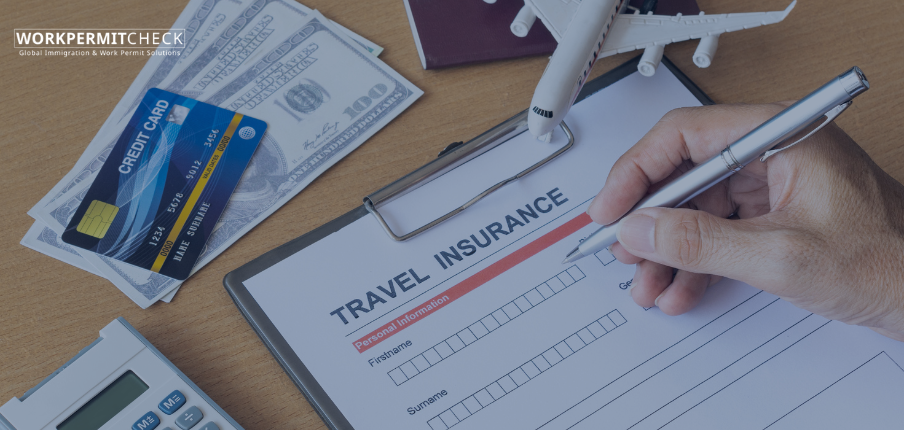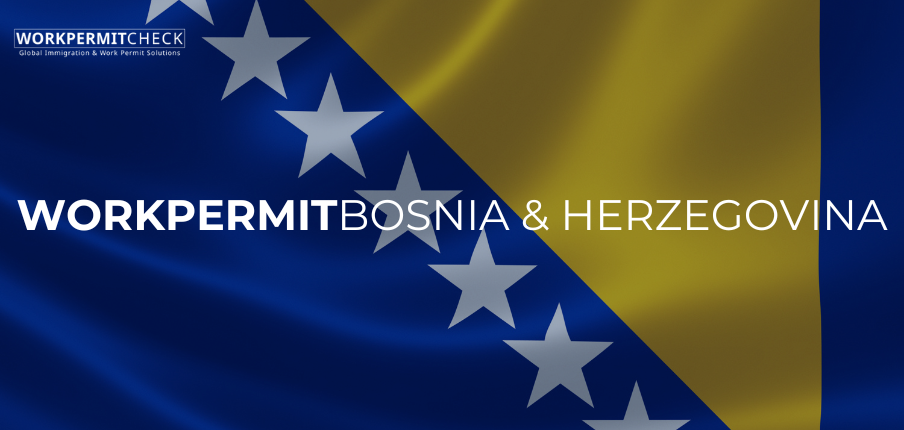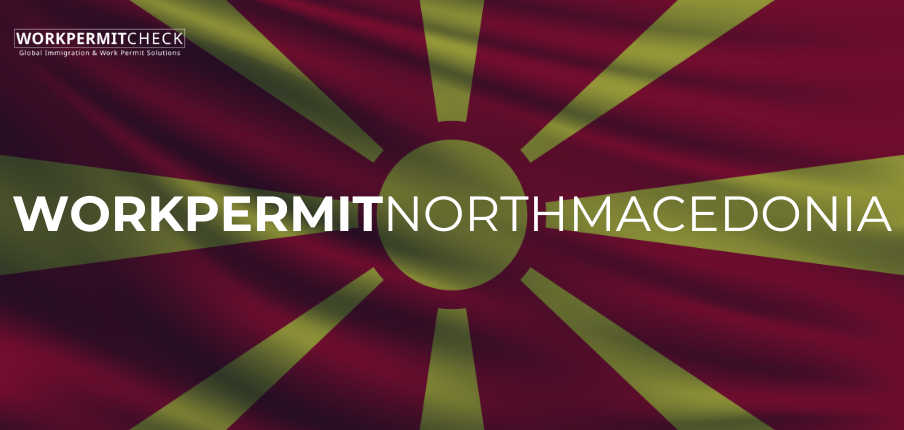If you’re planning to work abroad, one of the most important questions you'll face is:
"How long does it take to get a work permit approved?"
The short answer is: It depends.
The long answer? It varies by country, type of work, employer involvement, and even how well you prepare your documents.
This guide breaks down what affects work permit timelines, what you can expect globally, and tips to help avoid delays.
What Factors Affect Work Permit Processing Times?
-
Country of Application
Each country has its own immigration system. Some offer fast-track routes; others may take months. -
Type of Work Permit
-
Skilled migration permits (e.g., tech, healthcare) are often prioritized.
-
Seasonal, freelance, or self-employed permits may take longer due to extra evaluations.
-
-
Employer's Role
In many countries, the employer must initiate the process. If they’re recognized as a sponsor, things may move quicker. -
Completeness of Documentation
Missing or incorrect documents are the most common reason for delays. Make sure everything is in order before submitting. -
Volume of Applications
During peak seasons or after major policy changes, processing times often increase. -
Security and Background Checks
Additional screening can extend wait times, especially in sensitive industries.
Average Work Permit Processing Times by Country
Here’s an overview of typical timelines for popular work destinations:
| Country | Estimated Processing Time |
|---|---|
| Canada | 2 to 16 weeks (varies by program) |
| USA | 2 to 6 months (longer for H-1B) |
| Germany | 4 to 12 weeks |
| UK | 3 to 8 weeks (sponsored worker route) |
| Australia | 2 to 6 months (depends on occupation) |
| Netherlands | 2 to 4 weeks (for highly skilled) |
| Sweden | 1 to 3 months |
| UAE | 2 to 4 weeks |
| Japan | 1 to 3 months |
| Ukraine | 7 to 10 business days for work permit, plus visa processing time |
Note: These are average estimates. Actual times may vary depending on case specifics.
What If There’s a Delay?
Delays can happen due to:
-
Missing or incorrect documentation
-
Incomplete employer paperwork
-
High application volumes
-
Government policy changes
-
Security or background checks
Most immigration authorities provide a way to track your application status online or by contacting them directly.
Tips to Speed Up the Process
-
Apply Early
Don’t wait until the last minute, especially if your employment start date is fixed. -
Double-Check Your Documents
Ensure all information is accurate, and that translations, signatures, and certifications are included where required. -
Work with a Recognized Employer or Sponsor
Some countries offer quicker processing for companies on their official sponsor list. -
Follow Instructions Carefully
Always refer to the official government immigration websites or trusted immigration professionals. -
Monitor Application Status
Stay alert for emails or updates that may request additional information.
Final Thoughts
Work permit processing times can vary significantly depending on where and how you're applying. The key to faster approval is preparation and accuracy. Understanding your specific permit type, working closely with your employer, and providing clear and complete documentation are crucial steps in the process.
If you're unsure about the timeline in a specific country, feel free to ask—I can provide detailed information tailored to your destination.
April 8, 2025

